
Got Emuna?
The misnagdim chided, “The Breslever Rebbe lacks emuna, because he prays all day long for emuna!” They had no idea how far away from emuna THEY were…

Translated by Rabbi Lazer Brody
In Forest Fields, Part 63
We’ve previously discussed the importance of several of the most important tasks that we must accomplish during personal prayer. Gratitude to Hashem is the highest priority, followed by daily self-evaluation. These two subjects could easily monopolize an hour’s daily hitbodedut session. We spoke about the need to pray for character improvement in general and the improvement of a particular negative trait or bad habit until we truly overcome it; this too could require an hour a day. A person must also avoid the pitfalls of ego and pray for the Jewish people at length. He also needs to pray for his wife and his children, and for his material and spiritual needs. A person that reads this book will certainly desire to implement its contents, but what can a person do? Can he spend entire days in personal prayer?
There are wonderful stories about the tzadikim of previous generations. Rabbi Levi Yitzchak Binder of blessed memory told us about his father in law, Rabbi Aaron Kiblitsher, who would spend twelve hours in the frozen Ukrainian woods in the middle of winter calling out to Hashem. Even today, one can find pious individuals praying to Hashem all night long in the cave of Shimon HaTzaddik or Rebbe Shimon Bar Yochai’s grave site in Meron.
This book, though, is intended to be a practical guide for everyone, even a person taking his first steps in spirituality. Realistically, there are two feasible paths to take:
First, for those who can’t devote more than an hour a day to personal prayer, no problem! They should do their very best to set aside 60 minutes a day, and utilize them as follows: spend the first few minutes thanking Hashem and the next few minutes in self evaluation and teshuva. To invoke Divine compassion, one should spend a few minutes praying for the Jewish people and for others in need, such as the poor and the sick. The remainder of the hour should be devoted to one’s needs, predominantly focused on correcting a negative character trait or habit. This is the path that Rebbe Nachman refers to when he writes (Likutei Moharan II:26), “Hitbodedut is an attribute that surpasses everything, in other words, to set aside one hour or more for solitary prayer in some room or field, and to converse with Hashem…”
Rebbe Nachman promises that anyone who steadfastly devotes an hour a day to personal prayer will attain a complete soul correction and never see the face of purgatory.
Second, the “lion-hearted” who would love to spend multiple hours in hitbodedut but can’t, should at any rate devote ninety minutes a day to expressing their gratitude to Hashem, soul-searching, and teshuva, praying for  others, and praying for his own needs in the first half hour. Then, they should devote an entire hour to praying for one thing such as acquiring good character traits or ridding themselves of a bodily urge or bad habit. Such people will certainly become true servants of Hashem.
others, and praying for his own needs in the first half hour. Then, they should devote an entire hour to praying for one thing such as acquiring good character traits or ridding themselves of a bodily urge or bad habit. Such people will certainly become true servants of Hashem.
Got emuna?
A major misconception people have is that they don’t need to pray for emuna. In the early days of Breslev, the opponents to Rebbe Nachman’s teachings scoffed when his prime disciple Rebbe Natan wrote a book of prayers based on Rebbe Nachman’s teachings. Many of Rebbe Natan’s prayers are heartfelt requests for emuna. The opponents chided, “The Breslever Rebbe lacks emuna, because he prays all day long for emuna!” They had no idea how far away from emuna they were.
Everyone has emuna to some extent, but weak emuna. Why weak? Stop and think: when someone yells at you, do you believe that Hashem is yelling at you? Do you seek revenge when someone wrongs you? Anytime we attribute anything that happens to us to people rather than to Hashem, we’re far away from emuna.
To be continued




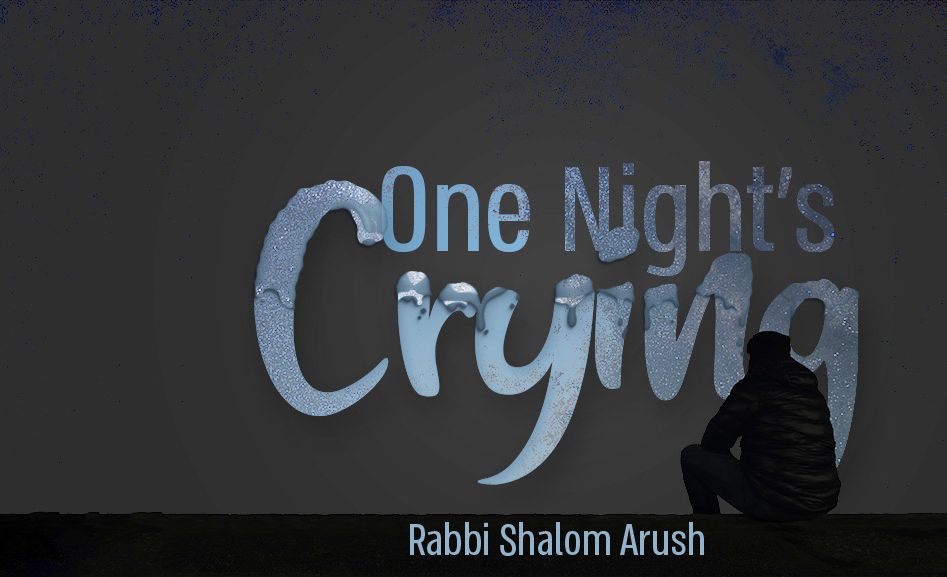
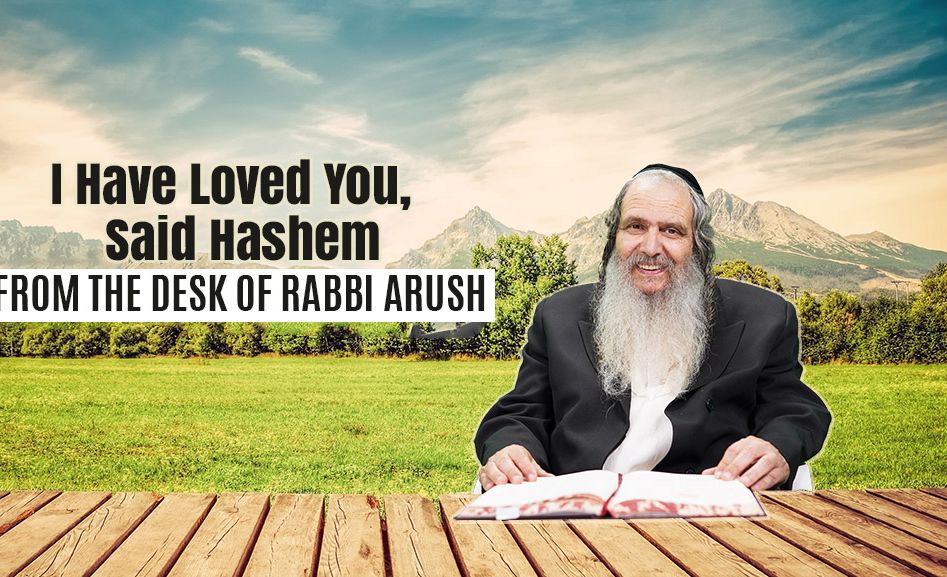
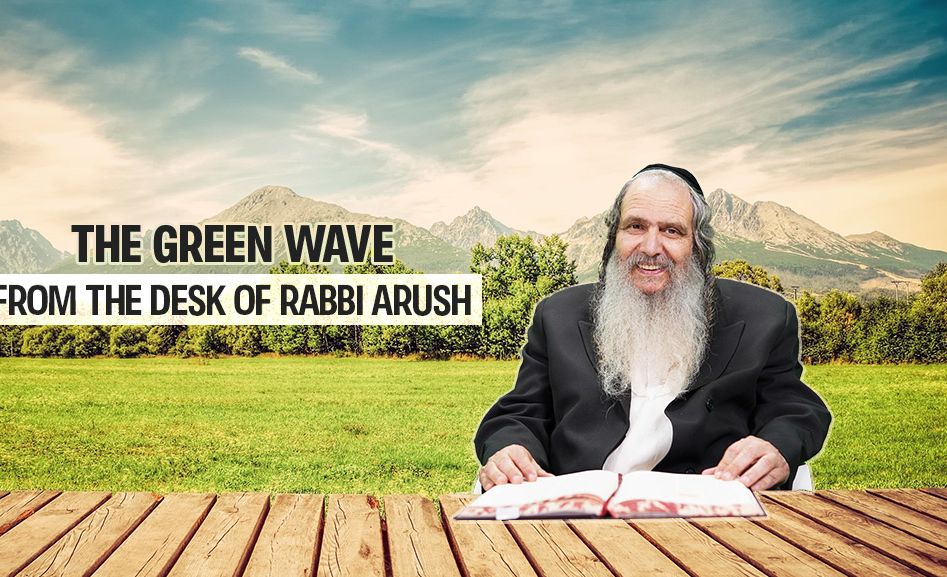
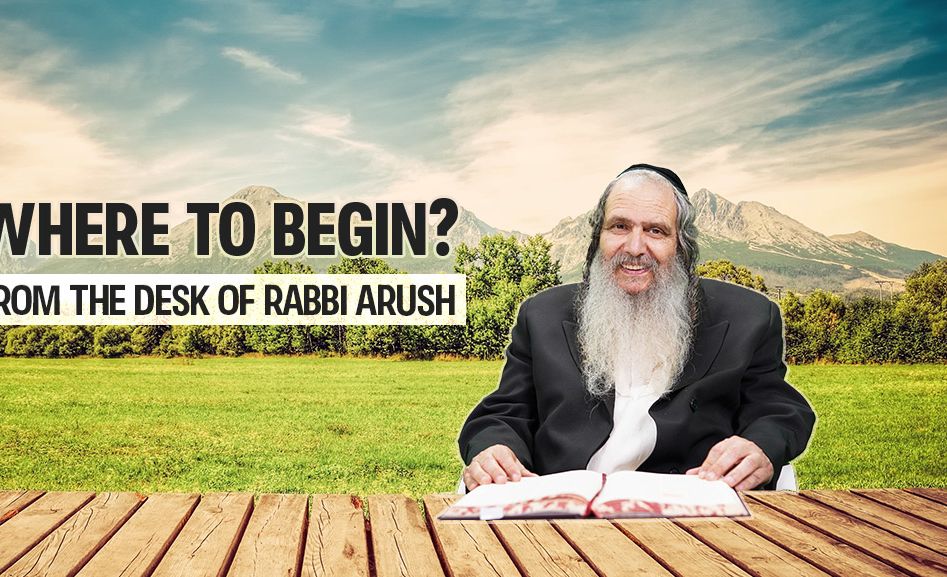


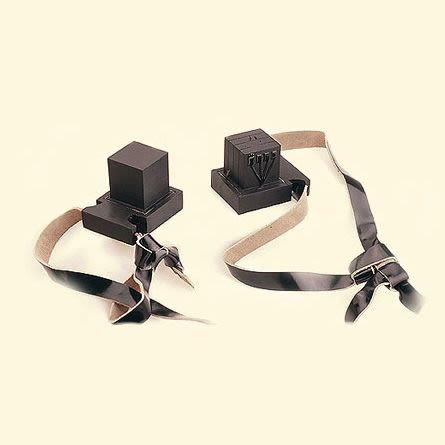


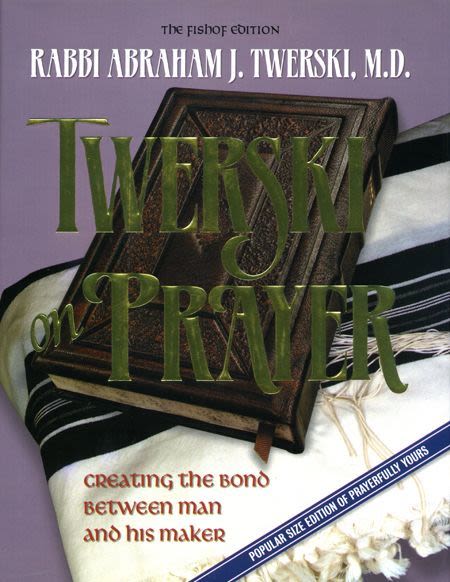
Tell us what you think!
Thank you for your comment!
It will be published after approval by the Editor.